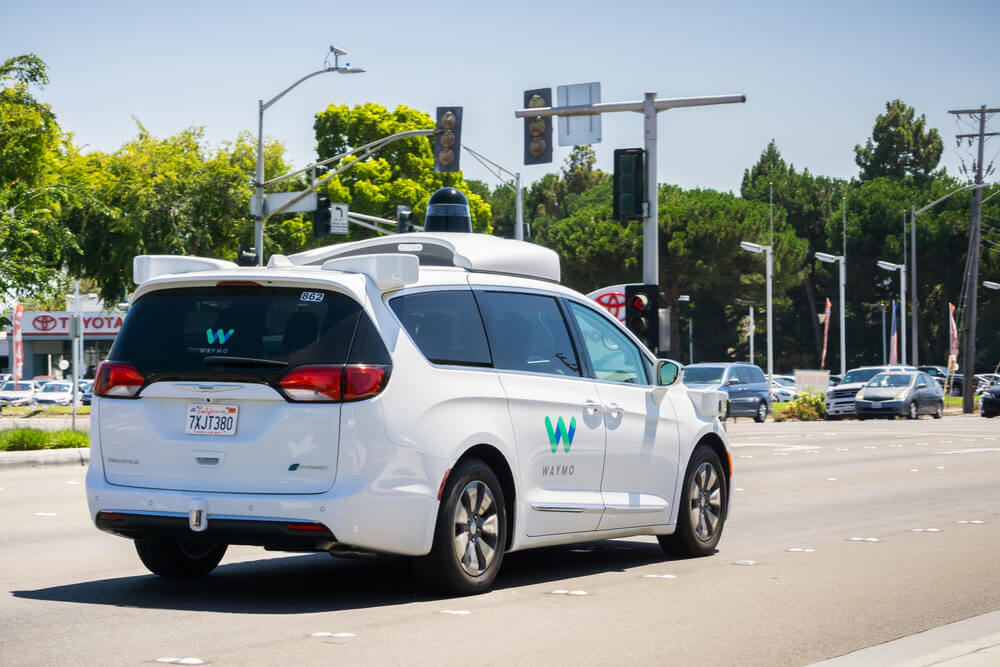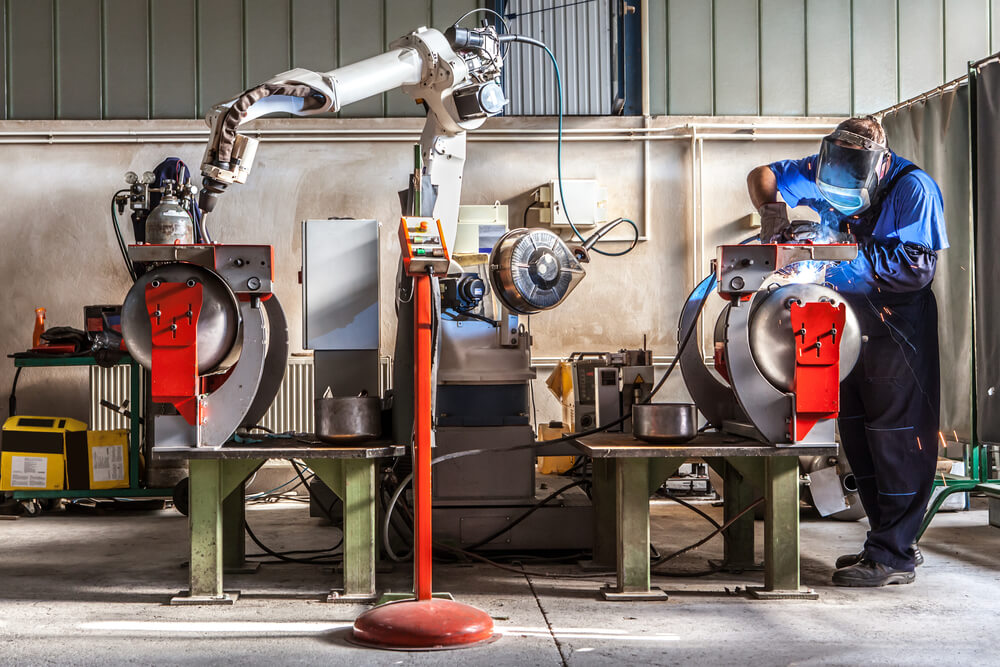I sometimes write about the propensity for technology to be imperial, to conquer and to force itself on the world whether the world wants it or not. With AI taking hold, I have to say, “You ain’t seen nothing yet.”
The wise people who write about international trade say that globalization is dead, killed off by nationalism and protectionism.
Well, you might not be able to get a Big Mac in Russia these days, but I bet they know who Taylor Swift is. Tom Friedman may be a well-read New York Times columnist, but his penetration is nothing compared to that of the influencers on TikTok or maybe even Heather Cox Richardson on Substack.
Then there is the money.
The Computer Age has spawned a new class of ultra-rich, dwarfing the rich of the past, like the Rockefellers, the Carnegies and the Rothschilds. Names like Bezos, Gates, Zuckerberg and Musk will dominate the age.
The descendants of the great internet-based companies will form a new aristocracy with money so abundant that they can influence our lives culturally and politically.
Culture will be shaped by them via what they sponsor. The rich have always sponsored the arts, but now there will be so much money, dwarfing what Carnegie, Getty, Guggenheim and their millions wrought.
If a multibillionaire wants to weigh in politically with big money, both political parties and individual politicians will tailor their offerings to get some of that campaign cash. That is occurring now. But in the future, it will be occurring even more.
One could reasonably argue that the political class has already sold out to its backers. It isn’t the kind of government a candidate will provide so much as how much that worthy candidate raised to get elected.
I suspect we are only beginning to understand the effects of money in politics and how it may reshape the future.
The people creating innovative technologies today have little idea where their inventions will take them. Did the guys who launched Uber in San Francisco ever think it would go nationwide, let alone sweep the world and wipe out many taxi fleets? One would have believed every county or region would have its own rideshare operator. But no. Uber went global, thanks to the controlling computer technology.
One of the realities of computer-based technology is that it picks winners and losers early on — and winners win bigger than anything seen before. Losers fade away, as they did after the first tranche of tech upheaval: the dot-com bubble.
Computer tech favors monopoly, and the monopoly in each market segment wins.
With AI coming into daily use and likely to command the way we live and work after a few decades, the companies that provide that service today — and will come to control it — will potentially dwarf the existing tech mega-giants. In theory, an AI company can employ AI to consolidate its authority in the field and vanquish competition.
If that happens, a single company will have greater wealth and greater social and political power than any aspirant for global domination ever has had.
The backstory to why early bots are error-riddled and why we get hilarious “hallucinations” is that the companies — the big techies — are so aware of the stakes that they are rushing to market their products before they have perfected them. They calculate that it is better to achieve some market penetration with an inferior product than to wait for the perfected one when a rival has become the bot of choice and technological world conquest is at hand. Never let the perfect get in the way of market share.
Consider the evolution of Google. When it perfected its search engine, it was one of a handful of search engines (remember Jeeves?). But it grabbed market share, and the rest is history. Microsoft’s Bing can do everything that Google does, but it has a third of the users. Google got the reputation and was first past the post.
Where does Taylor Swift fit in? Is she the greatest singer about the travails of love? Almost certainly not, but social media loved her.
Tech loved Taylor, and she is the brightest star ever seen in the firmament of tech-influenced culture — the equivalent in entertainment of world conquest. It is the future.i




